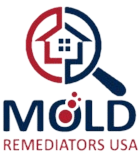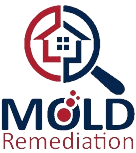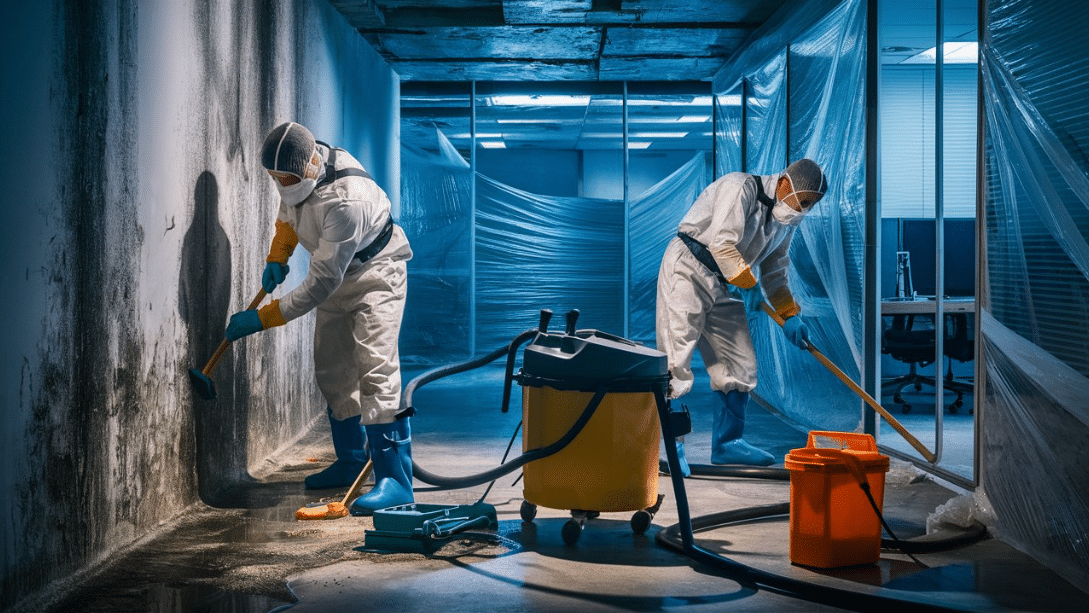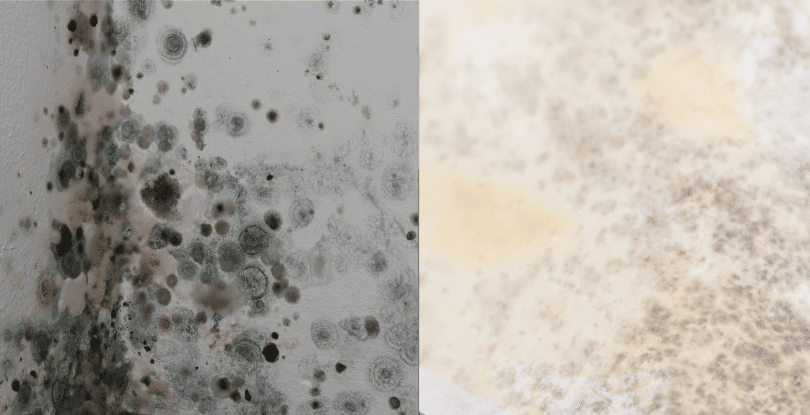Understanding Mold in Your Basement
Mold is not unusual in basements, particularly because these areas tend to be dark and damp—conditions mildew loves. Moisture buildup creates the perfect environment for mold, which can spread quickly if left unchecked.One of the primary common symptoms of mold exposure is the scent. A musty smell typically indicates that mold is developing nearby, even if you don’t see it right away. You may also note mold stains on the walls, flooring, or timber surfaces like beams and damp basement. These are all indicators that you must look for mold before the problem gets worse.It’s critical to act fast because mold from basement areas can affect the rest of your house and cause respiratory disorders like asthma, and allergy. Mold spores in the air can harm indoor air quality, which may also cause fitness problems. Mold in the basement can spread to the upstairs, affecting your dwelling spaces.Prevention and Solutions for Basement Mold
- Use a dehumidifier to keep humidity degrees low and prevent mildew from thriving.
- Regularly check your basement for pipe leaks or basis cracks. Seal them to dam moisture.
- Install vents or use fanatics to lessen dampness and prevent mold.
- A sump pump can remove excess water from a wet basement, keeping the gap dry and mildew-free.
- If you locate moldy substances, like carpet or drywall, dispose of them and update them. This will forestall the mold from spreading.
- Apply basement waterproofing to feature a protective barrier against moisture and mold infiltration.
- Use a humidity reveal to hold your basement dry. This will reduce the want for constant mold prevention.
DIY vs. Professional Mold Remediation
When cleaning mold in your basement, you may wonder whether you could cope with it yourself or if you need mold remediation services. Let’s break down the differences.DIY Mold Removal
Many homeowners try DIY techniques for small mold issues, especially floor stains. Cleaning with vinegar or bleach may work for minor mold, but it doesn’t usually kill mold.
The mold could return, specifically, if there’s ongoing moisture or a leaky pipe. DIY strategies are great for minor spots of mildew, but they often don’t address the foundation of the trouble.
Professional Mold Remediation
If you note a larger mold trouble or mold boom for your basement, it’s better to call in Mold Remediators USA experts. They can find the hidden area dry mold and humidity levels you might leave out. They have tools to sneeze wood surfaces and remove mold spores, ensuring the mold doesn’t spread.
Which Should You Choose?
DIY mold elimination may be a brief restoration if your mildew problem is small and easy to handle. If the basement mildew impacts upstairs regions, use execs to put it off. It’s more secure. If you have a moist basement, do the same. They will make certain your property is free from mold and help you prevent mold growth inside the destiny.
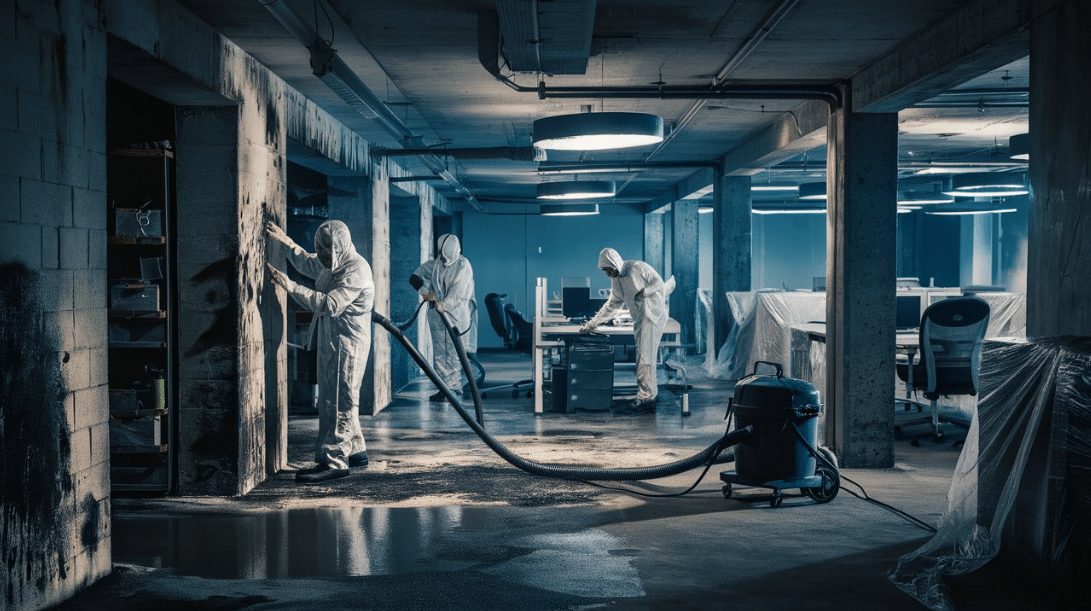
What to Expect During a Professional Mold Inspection
If you think there is mildew in your basement, get a professional to investigate it. This will save you from damage and fitness risks. Here’s what you can expect throughout a radical mold inspection:1. Initial Visual Check
The inspector will first check for mold by inspecting visible regions of your basement. They’ll look for mold stains on walls, floors, and timber surfaces. If they see signs of mold growth in your basement, they may investigate further.
2. Moisture and Air Testing
Mold thrives in damp situations. So, the inspector will measure the moisture in your basement. They might also check the air in your basement to detect the presence of mold spores, even though the mildew isn’t seen.
3. Identifying Problem Areas
The inspector will locate the mildew and its cause, such as a leaky pipe or excessive humidity. Finding those reasons is key to preventing future mold growth.
4. Recommendations and Solutions
After the inspection, the professional will provide a detailed plan on a way to remove mold. This may additionally encompass basement mold removal or solving leaks and airflow.
5. Plan for Mold Remediation
If the mold problem is serious, the inspector will propose expert remediation. This will get rid of the mold and prevent its return. We solve the causes, like extra moisture or poor ventilation.
